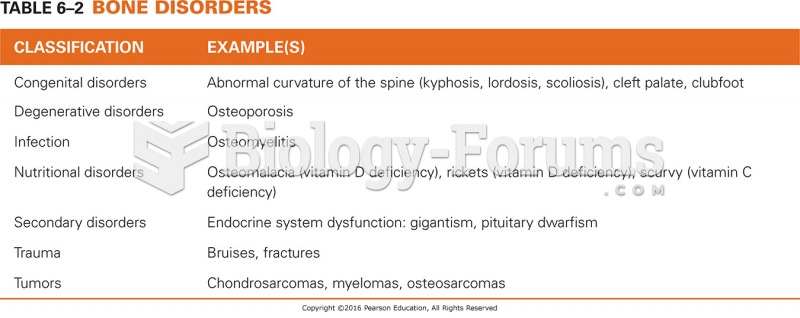Answer to Question 1
ANSWER:
Research indicates that depressive disorders may be due in part to biological factors like genetic predispositions as well as abnormal activity of specific neurotransmitters, abnormal functioning of the endocrine system, and the disruption of biological rhythms. A number of social-cognitive theories suggest that the way that people think about stressors affects the likelihood of depressive disorders. The theory of learned helplessness suggests that people experience depression as a result of feeling incapable of controlling their lives. Aaron Becks cognitive theory of depression suggests that depressed people develop mental habits of blaming themselves, focusing on the negative side of events, and jumping to pessimistic conclusions. A negative attributional style may be another important cognitive factor in depression and occurs when people blame their problems on a permanent, generalized lack of personal competence rather than on a temporary condition. Social-cognitive theorists also suggest that a ruminative style of dwelling on negative events can impact whether depression continues or worsens. Situational factors such as bad early relationships in childhood, lack of social support, and inadequate coping skills are also believed to play a role in the development of depressive disorders. However, it is usually a combination of interacting factors that lead to the cause of depressive disorders.
Answer to Question 2
ANSWER:
Mark may have a bipolar disorder, which involves alternating between two emotional extremes. His attempt to fly off the roof and his belief that he had invented a nuclear umbrella are symptoms of mania. His suicide attempt is a symptom of severe depression. Alice may have an obsessive-compulsive disorder, a type of anxiety disorder in which a person becomes obsessed with certain thoughts or images or feels a compulsion to do certain things. Her hand-washing ritual, which she must perform before she can engage in other behaviors, is a symptom of this disorder. Mary may suffer from agoraphobia, a fear of being alone or away from the security of home. She will not leave her house, even to see old friends, and that inability to go out is a symptom of agoraphobia. Gary may suffer from paranoid schizophrenia. His symptoms include both delusions of persecution and delusions of grandeur, and he shows signs of jealousy.







